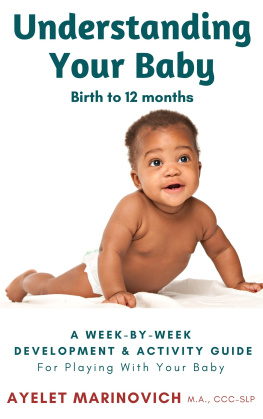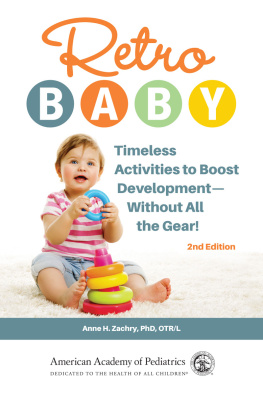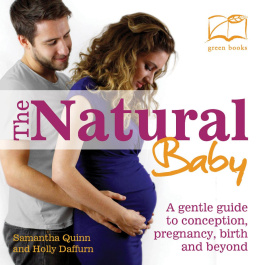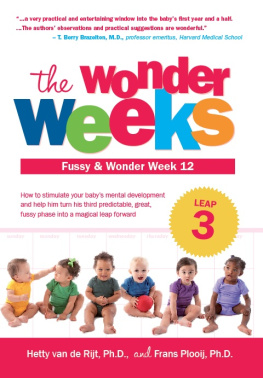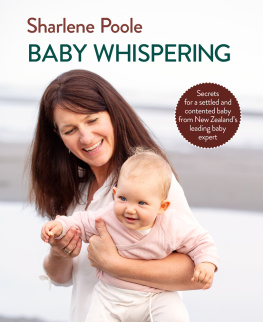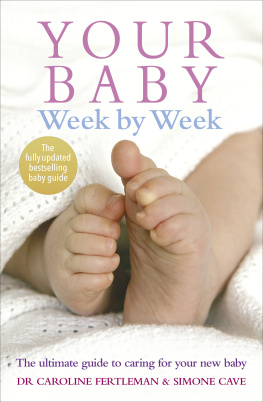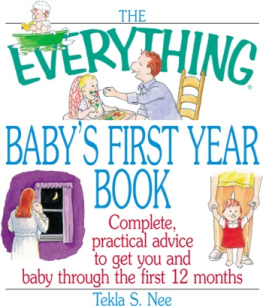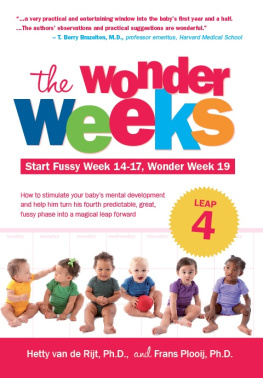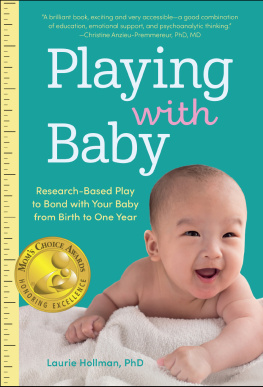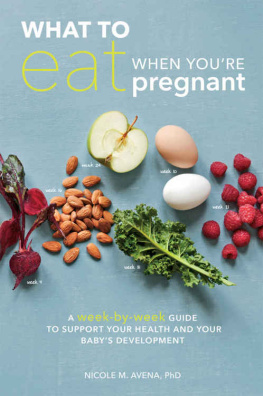UNDERSTANDING YOUR BABY. Copyright 2018 by Ayelet Marinovich, published by Strength In Words LLC. All rights reserved. Printed in the United States of America. No part of this book may be used or reproduced in any manner whatsoever without written permission except in the case of brief quotations embodied in critical articles and reviews.
Regardless of who you are, where you come from, what language or languages you speak, you and I (and anyone who considers themselves a parent or caregiver) are each ultimately responsible for raising humans. When we understand more about how humans all over the world develop and learn, we feel more empowered to parent.
Regardless of whether youre a first time or a seasoned parent or caregiver, when you have an infant, you are in the thick of it. Becoming a parent (or any type of caregiver Ill use these words interchangeably throughout) to a new person is an enormous undertaking. Regardless of how much (or how little) we think we know about babies, there is so much to learn. I want you to remember that we all feel vulnerable, and we all want the best for the children in our care.
This book does not aim to cover the divisive topics on which we tend to stand vehemently behind opposing lines. This is about our babies. This is about you. I want to provide gentle support to help you understand and connect with your baby, so you can move together through the first year of caregiving. We mix the developmental research (the science) with the creative ways to support the developmental stages your baby moves through (the art).
We are going to get to the heart of what it is to be a caregiver of infants.
Infants (and toddlers) learn through observation, imitation, and interaction. When we learn more about what play looks like using very simple materials, we feel some peace of mind that we all crave as parents. Peace of mind is what we all want: we want to know that we are doing all we can to raise decent human beings.
Thats what I aim to provide at Strength In Words. Thats the kind of community that Im fostering, and thats what Id like to begin to offer you with this book. Its all about finding the joy in the mayhem. Parenting infants and toddlers is crazy Im not going to tell you I can take that away I cant! What I can do is to help you find the joy in the connection, and start to build the foundation for a lifetime of learning.
My Journey Into Parenthood
I was 10 weeks pregnant with my first baby when my husband and I moved across the world. Surrounded by new people, customs, systems, and struck by the newness of the journey toward parenthood, I was very focused on creating connections.
When my baby was born, I decided to combine my professional background and my desire to create a safe, social learning space for myself and my baby along with other caregiver-baby pairs. I started to devise a curriculum that was based on my own developmental knowledge, that of my friends and colleagues in early learning, a ton of developmental research, and information and experiences I integrated as a mother along the way.
Through this process, I learned several things. First, I learned to become more confident as a mother. I learned to listen to myself, to my baby, and to other caregivers, distilling information that was pertinent to me (and to my baby) and of interest to the other caregivers around me. Perhaps most importantly, I learned just how powerful knowledge can be.
There are so many divisive topics in the world of parenthood. In the beginning, I was very fixated on these issues, because the choices we make about how to nourish and support our babies feel all-encompassing in those early days of parenthood. These are individualized, personal choices. I searched for information and often, I was met with experts and solutions, when really, what I needed was knowledge. When I stepped back and remembered how much I understood about how babies learn, I began to feel more connected to my baby and more empowered as a mother to make decisions about all aspects of parenthood. When I shared that information with other caregivers, they felt the same way. Now, Id like to share it with you.
I also want to encourage you to reach out and find your communities of support. Whether you have friends and family with other small babies, you take advantage of local playgroups, classes, or library story times, its the support of other families that keeps us afloat during a year that can have both beautiful highs and dark, dark lows. The opportunity to observe other caregiver-baby pairs and to speak openly and frankly with other parents who are on the same journey offers us a chance to gain some perspective (during a time when it can be very difficult to see past that which is directly in front of us), and to synthesize information.
One of the wonderful benefits of the Strength In Words Community LAB is that we have created a platform for both parent support and parent education that can be accessed in the comfort of your own home. Our community hub allows you to connect with other parents and caregivers (all around the world!) on the same journey, asking the same questions, and sharing experiences and ideas in a facilitated, respectful setting that values education and ideas, rather than one-size-fits-all advice. We meet for live virtual events (parent support groups, developmental music classes, and Q&A Workshops with professionals and special guests addressing various areas of early development and family health), we house an ever growing, well-organized resource library, and we are a social network created to help each member feel nurtured so you can nurture your tiny human. If youre interested in learning more about the Strength In Words Community LAB, you can find us online at community.strengthinwords.com.
My Professional Background
I want to start by saying that I certainly dont know everything there is to know about infant development. That said, over the last several years, Ive sharpened and deepened my professional knowledge as a practicing pediatric speech-language pathologist. Ive mothered my way through two very different early parenting experiences. Ive also interviewed countless professionals about the ways we can support infants and toddlers in the areas of cognition, communication, motor/sensory, and social/emotional development, and read a good deal of the developmental research and literature that informs how (and what) we practice as professionals in the world of early child development.
Much of my professional background is in early intervention. I have dedicated my career to working with early communicators, primarily with infants and toddlers and their adult counterparts. In the world of education, the term early learning often refers to children who are not yet school-aged, but who are in the pre-school years but we know that babies are learning from day one (and even before). We know that their parents and caregivers are learning, too.
Those first few years of life set the stage for the rest of our childs life. Now, I dont say that to add to the incredible pressure we have as parents and caregivers to do enough for our children. That weight is already more than sufficiently heavy! In my mind, its about simplification. We desperately need to simplify our lives. We need access to quality over quantity. Our children need high quality interactions and opportunities to engage with the world,

